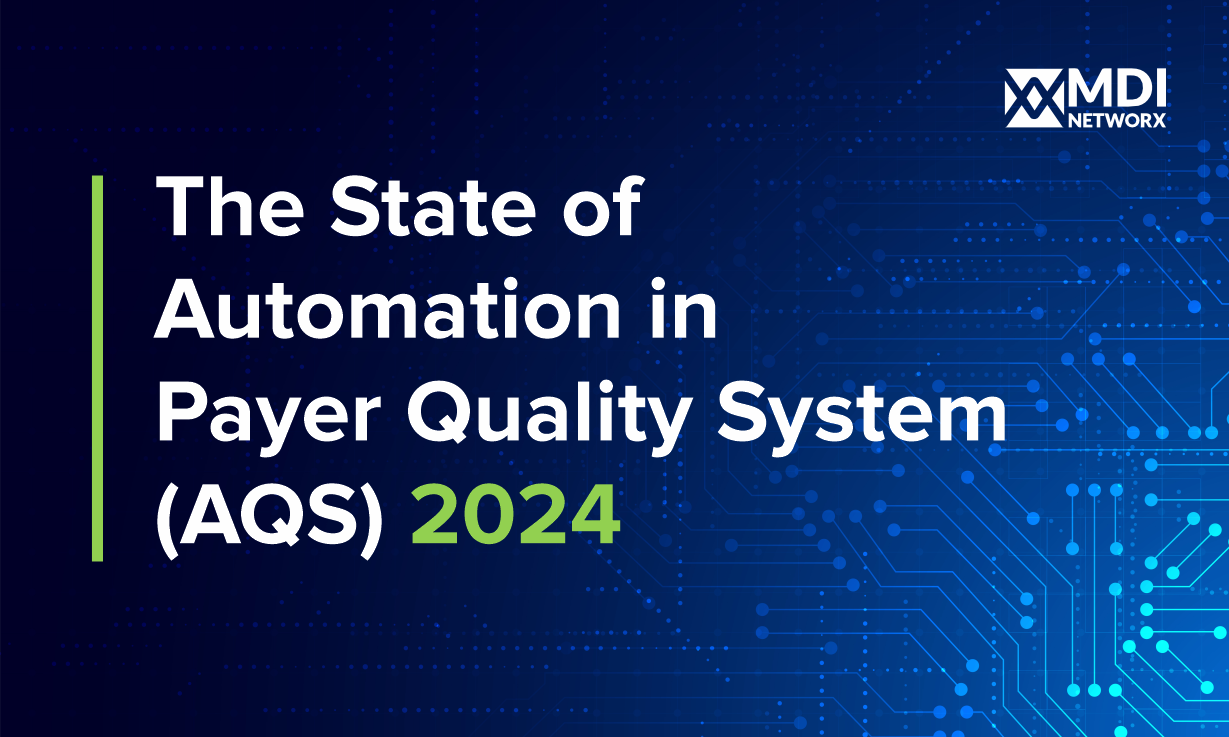Precision is a game-changer in healthcare claims processing, where even a 1% accuracy improvement can have a far-reaching impact. This slight uptick is more than a statistical blip; it drives measurable gains across financial health, operational efficiency, and regulatory compliance. Here, we unpack why a 1% increase in accuracy offers transformational value, from financial savings to enhanced member trust.
Financial Impact: Small Gains, Big Savings
In claims processing, every fraction of accuracy has financial implications. Data shows that correcting errors can lead to significant savings. For instance, studies on claims management indicate that a 1% increase in accuracy across large healthcare systems can reduce unnecessary rework and incorrect payments, saving millions of dollars annually. With every prevented error, healthcare organizations save on additional reprocessing costs, penalties, and payment corrections, creating a cascading financial benefit over time.
Elevating First-Pass Adjudication Rates
First-pass adjudication rates reflect the percentage of claims approved without manual review. A 1% boost in accuracy pushes more claims through first-pass adjudication, allowing healthcare organizations to process higher volumes without delays. This small change reduces the load on claims teams, frees up resources for critical issues, and speeds up the entire processing chain. For large networks processing millions of claims, even a slight rise in first-pass rates translates into substantial labor savings, improved efficiency, and a streamlined claims workflow.
Member Satisfaction: Accuracy Equals Trust
Inaccurate claims can result in delayed or denied payments, frustrating members and eroding trust. A 1% improvement in accuracy ensures more seamless claim resolutions and faster payments, which directly impacts member satisfaction. Members who experience fewer billing issues are more likely to trust and stay with their provider, improving retention rates. Research has shown that when claim issues are minimized, healthcare organizations see a positive ripple effect in member satisfaction, loyalty, and even recommendations. This impact reinforces that accuracy is central to member-centric healthcare.
Operational Efficiency: Maximizing Team Productivity
Accuracy improvements may seem small, but they have an outsized effect on operational efficiency. Each prevented error reduces the need for rework, allowing claims teams to focus on strategic tasks rather than repetitive corrections. With fewer claim errors to manage, organizations can optimize workflows, boost productivity, and reduce staff burnout. Efficiency gains from accuracy improvements also mean faster claims processing times, reduced administrative burden, and an overall increase in organizational agility — all essential for handling the growing complexity of modern healthcare.
Compliance and Risk Reduction
In healthcare, compliance is non-negotiable, and accuracy is a critical factor in meeting regulatory standards. Even minor errors can trigger audits or expose the organization to penalties. A 1% improvement in accuracy reduces the risk of non-compliance, ensuring that claims meet industry regulations. This improvement minimizes exposure to regulatory scrutiny, fostering trust with stakeholders and ensuring a robust audit trail. By aligning with compliance standards, healthcare organizations reinforce their credibility and build resilience in a heavily regulated landscape.
Conclusion
A small 1% improvement in claims accuracy drives an extensive range of benefits, from financial savings to stronger member trust. With measurable impacts on efficiency, compliance, and satisfaction, even slight accuracy gains create a compounding effect that transforms claims processing into a more streamlined, cost-effective, and reliable system. This tiny boost in accuracy proves that incremental changes can yield substantial, sustainable benefits for healthcare organizations, making claims processing smoother and more impactful for all stakeholders involved.





